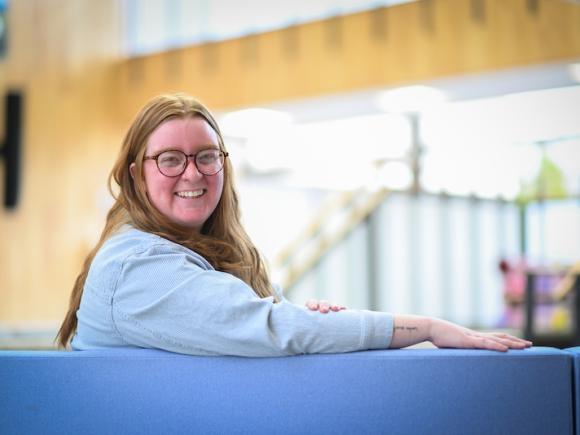
If you had extenuating circumstances during the semester to justify a late withdrawal, we recommend that you get in touch with your professor and the Director of the Course Achievement Center to facilitate the withdrawal process. An email approval from the professor or a late withdrawal form signed by your professor, Chair of the Department under which the course falls, and your College Dean are required.













